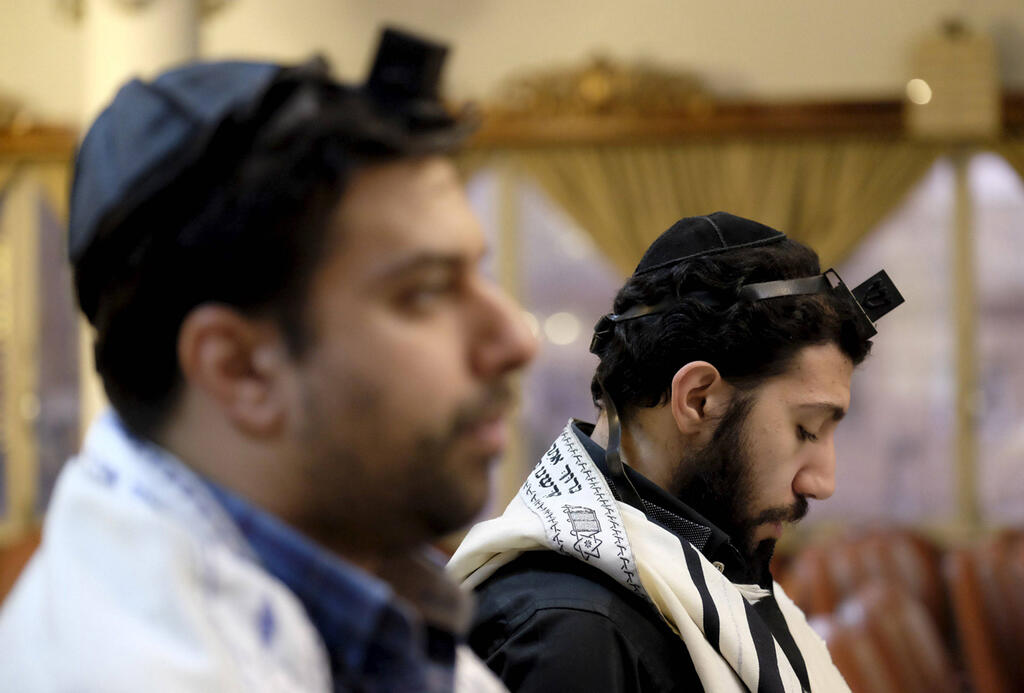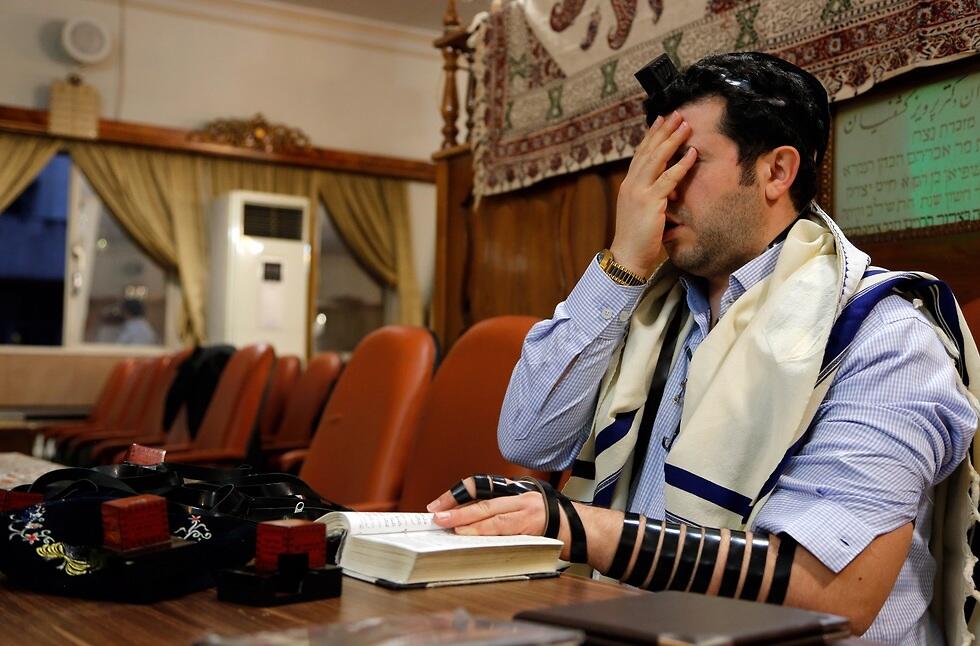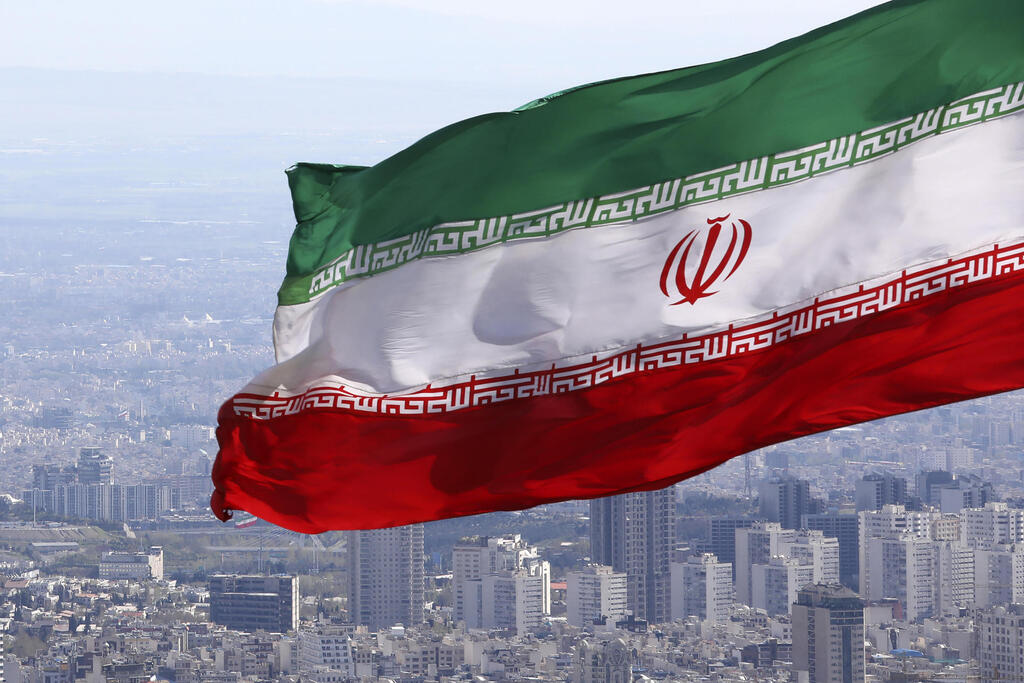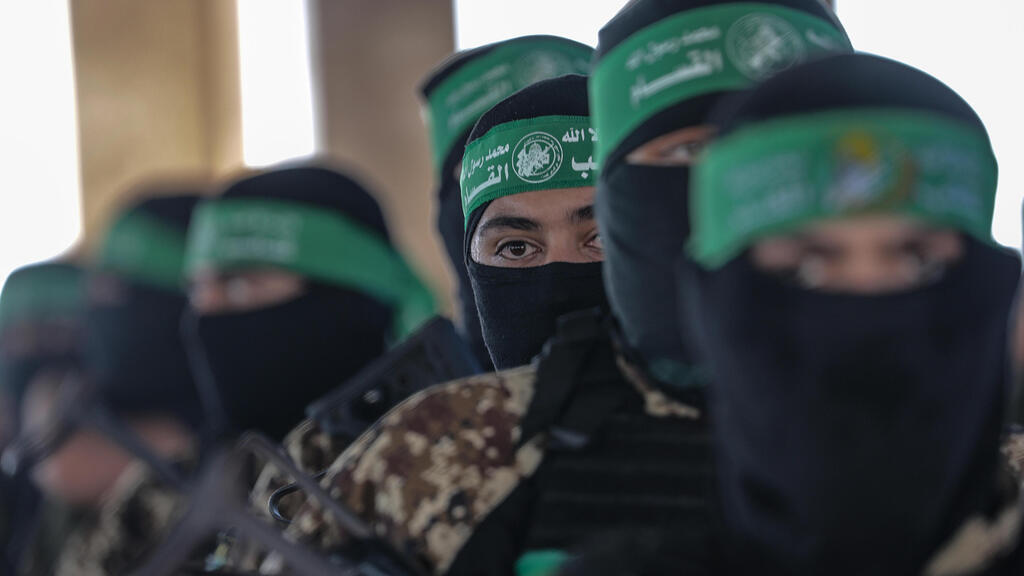This is a time when Jews everywhere are feeling uneasy and vulnerable, but especially those living in Iran (Persia until 1935). There is little doubt that Israel’s war in Gaza, initiated by the vicious October 7 attack by Hamas on Israeli men women, and children, was encouraged and abetted by Iran, as are the attacks on Israel by Hezbollah in Lebanon and by the Houthis in Yemen.
More stories:
Deepa Parent (The Guardian) accuses Iran of using the Gaza conflict as a cover for well over one hundred executions of those the regime perceives as its enemies. The Jews of Iran are familiar with this kind of terror. Since the 1979 Islamic Revolution, executions of at least 13 Jews have taken place, often without public charge or legal process for Jews of Iran (jewishvirtuallibrary.org).
In effect, the estimated 9000 Jews in Iran are hostages (as are other minorities, such as members of the Baha’i faith). After October 7, Iranian Jews received warnings not to communicate with their relatives in Israel (about 250,000 Israelis have Iranian ancestry). A few days later, the U.S. State Department labeled the Iranian government’s coercion of its Jewish community into staging anti-Israel demonstrations as “abhorrent."
For Jews, the October 7 Hamas atrocities were a reminder of pogroms experienced by Jews in the past. The word pogrom, Russian in origin, entered common usage in the 1880s, to describe the surge in anti-Jewish violence in Russia. However, anti-Jewish violence is also part of Jewish life in the Arab and Muslim world.
Seventy-five years ago, North Africa and the Middle East, outside the British Mandate of Palestine, contained almost a million Jews. With the establishment of Israel, however, they were subject to violent persecution and expulsion.
Leaving behind their assets, as well as memories and traditions, most ended up in Israel, where today they and their descendants make up more than one-half of the more than seven million Jews in the country.
Yet pogroms targeting Jews took place in Arab and Muslim lands long before the rise of modern Zionism and the creation of Israel. Indeed, one of the worst anti-Jewish massacres of the 19th century took place in the Holy Land in Safed (Tzfat) in 1834, when a rebellion by local Arabs against Egyptian authority degenerated into a month-long anti-Jewish orgy of killing, looting, and raping. Five hundred Jews lost their lives.
In a November 15 article on Iranian Jews in the Financial Times, Nakmeh Bozorgmehr writes that there has been little history of antisemitism in Iran (before 1979). Nothing could be further from the truth.
Persian Jewry experienced terrible trials throughout the 19th century and into the beginning of the 20th. Reports from Persian representatives of the Alliance Israélite Universelle, a Paris-based human rights organization, describe the history of Jews under Muslim rule.
For example, during the Allahad pogrom of 1839, Jewish homes in the city of Mashhad were looted, Jewish girls abducted, and 40 to 50 Jews murdered. On pain of death, the entire Jewish community had to convert to Islam. The Jewish community of the southwestern Persian city of Shiraz experienced pogroms in 1892 and 1897. Jews were murdered (20 in 1897) and synagogues destroyed.
Another terrible pogrom took place in Shiraz on October 30, 1910. It began with the accusation Jews had desecrated the Quran, and later that Jews killed a Muslim girl to use her blood for ritual purposes, a libel common to European pogroms as well.
That no evidence of a missing Muslim girl materialized did nothing to calm things. By the time the looting and destruction was over, 12 Jews were dead, about 50 were injured and the entire Jewish community of 6000 was destitute and homeless.
The intense animosity of the current Iranian regime toward the Jewish state, along with its history of Holocaust denial, suggests something more than support for the Palestinian cause. Likewise, the Hamas attack of October 7 was not just to benefit Palestinian national aspirations. In an audio recording, one of the murderers gleefully informs his parents he had killed 10 Jews. He later adds, “Mom, your son is a hero” (Times of Israel).
The violent antisemitism experienced by Jews in the Christian world is widely documented. The town (shtetl) my father’s family was from in Ukraine experienced a pogrom in 1920, during the Russian Civil War. Out of a population of about 3000 Jews, 200 were killed (including my father’s brother and grandmother) and 800 injured. He and his family fled to Romania as refugees and ultimately immigrated to Canada.
However, the periodic violence associated with the history of Jewish life in North Africa and the Middle East is not well known. The atrocities carried out by Hamas on October 7 are the latest manifestation of this history.
The Jews in Iran have not been forgotten. In a November 14 TV interview with Voice of America, Emmanuel Nahshon, Israeli Ministry of Foreign Affairs, noted that Israel understood that Iranian Jews who participated in anti-Israel demonstrations had no choice. “They are our brothers and sisters, and we love them very much.”
- Jacob Sivak, a fellow of the Royal Society of Canada, is a retired professor, who taught at the University of Waterloo.






